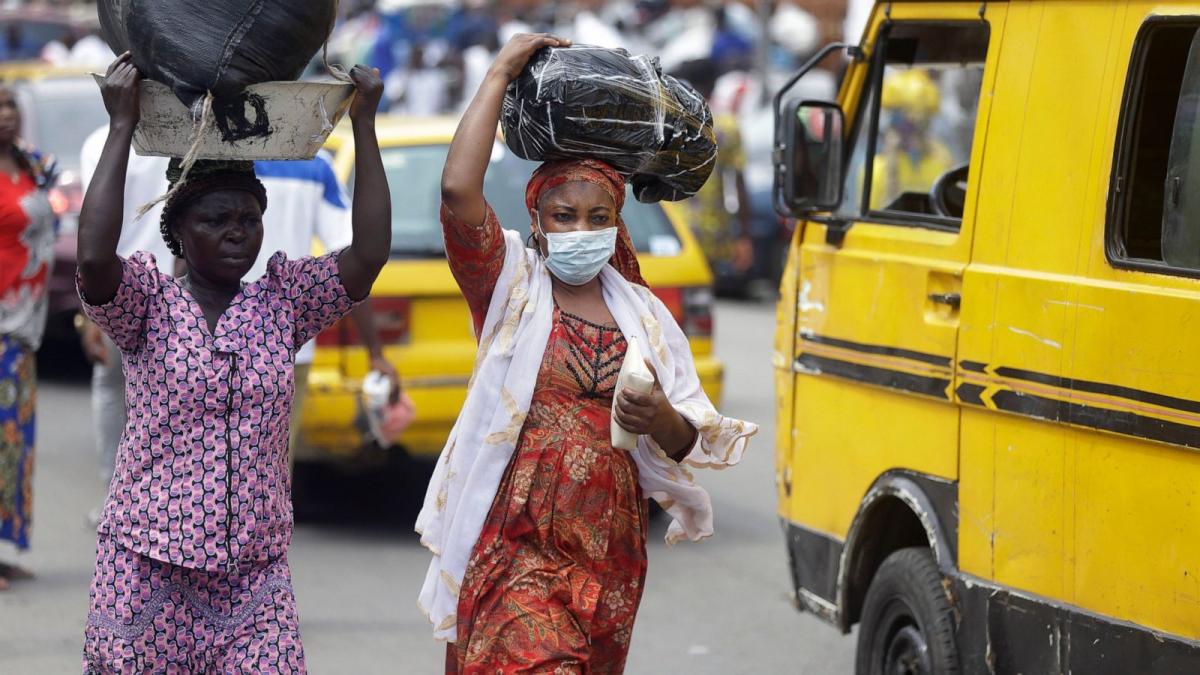There are no products in your shopping cart.
| 0 Items | £0.00 |


FINANCIAL institutions including the World Bank have warned African governments against initiating copycat lockdowns in response to the global coronavirus pandemic as the economic impact of such actions could end up causing more lethal damage.
Over the last month, several African governments have introduced lockdowns as part of the global fightback against Covid-19 that has brought about a need to reduce social distancing. However, this has created tension in many nations as the government's have not backed up their directives with the provision of food and essential items.
In addition, many African economies are dominated by petty artisan and traders who earn their living on a daily basis, so for such people, a lockdown feels like an economic blockade. Most African countries are also highly dependent on the export of primary products and with global commerce now on hold, their economies face long-term damage as even when buying resumes, prices will slump due to the huge stockpiles that have built up.
In a recent report on the matter, the World Bank warned that a copy-and-paste of western responses may not serve the continent well. According to the bank lockdowns could lead to an increase in poverty and endanger lives and livelihoods due to the collapse in economic activity and macroeconomic instability.
A World Bank spokesman said: “A prolonged lockdown will put at risk the subsistence of their households. The majority of workers hired are in a precarious situation and most of these jobs are temporary and with low remuneration, do not offer social security and put workers at a greater risk of injury and ill health.”
Nigeria is considered to be in danger of facing a severe economic backlash from this lockdown as the country is now into its second 14-day spell introduced last Monday. According to the World Bank, many African economies have very large informal sectors, which in many cases account for 89.2% of all employment.
Also, there are concerns that small and medium-sized enterprises, an important driver of growth in African economies account for up to 90% of all businesses and represent 38% of gross domestic product (GDP). These could be severely affected, while interest rate cuts in several African countries in line with monetary policy actions around the world will be ineffective against such a background.
According to a recent report by Enhancing Financial Innovation & Access, a financial sector development organisation that promotes financial inclusion in Nigeria, Covid-19 could affect the livelihood of 50% of the 99.6m Nigerian adult population who earn their income on a daily or weekly basis. Data from the company shows that 32% of Nigeria’s adult population earn their income daily, 17.5% weekly, 18.5% monthly, 5.5% annually, 18.5% occasionally or upon completion of jobs and 8% earn no income.
In Lagos, around 60% of the adult population are vulnerable while 63% and 40% of adults in Ogun and Abuja, respectively, are at risk. In Nigeria, the informal sector accounts for 65% of the economy, according to the International Monetary Fund (IMF).
Gyude Moore, a visiting fellow at the Centre for Global Development, argued that curfews, not lockdowns, would be appropriate for the African continent with its large informal economies. Citing the example of South Africa, Mr Moore said access to public spaces can be reconfigured without a total lockdown.
He also suggested enlisting local community leaders to ensure compliance with movement restrictions, mandatory mask-wearing, continued improvement in testing and direct payment and cash transfers to curb the spread of the disease. This is in line with World Bank’s advice for a two-pronged strategy of saving lives and protecting livelihoods.
In addition, the World Bank also said financing relief and recovery measures would require assistance from multilateral organisations and bilateral official creditors in a region that is already facing public debt vulnerabilities. It also called on African policymakers to think ahead about the exit strategy from Covid-19, pointing out that once containment and mitigating measures are lifted, economic policies should be geared toward building future resilience.